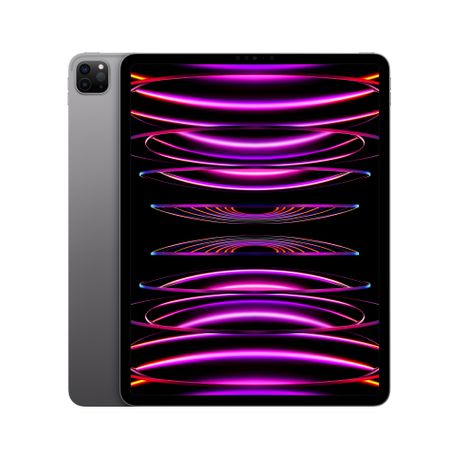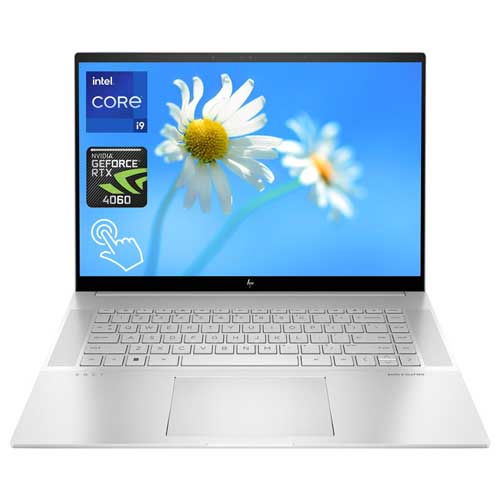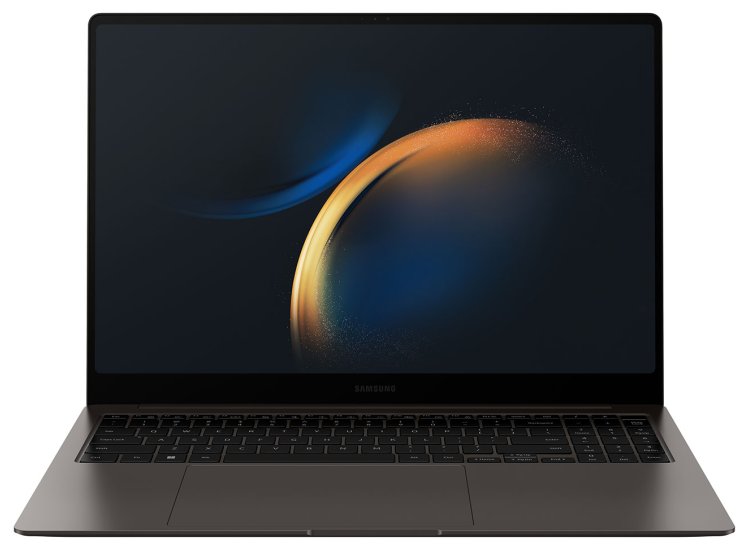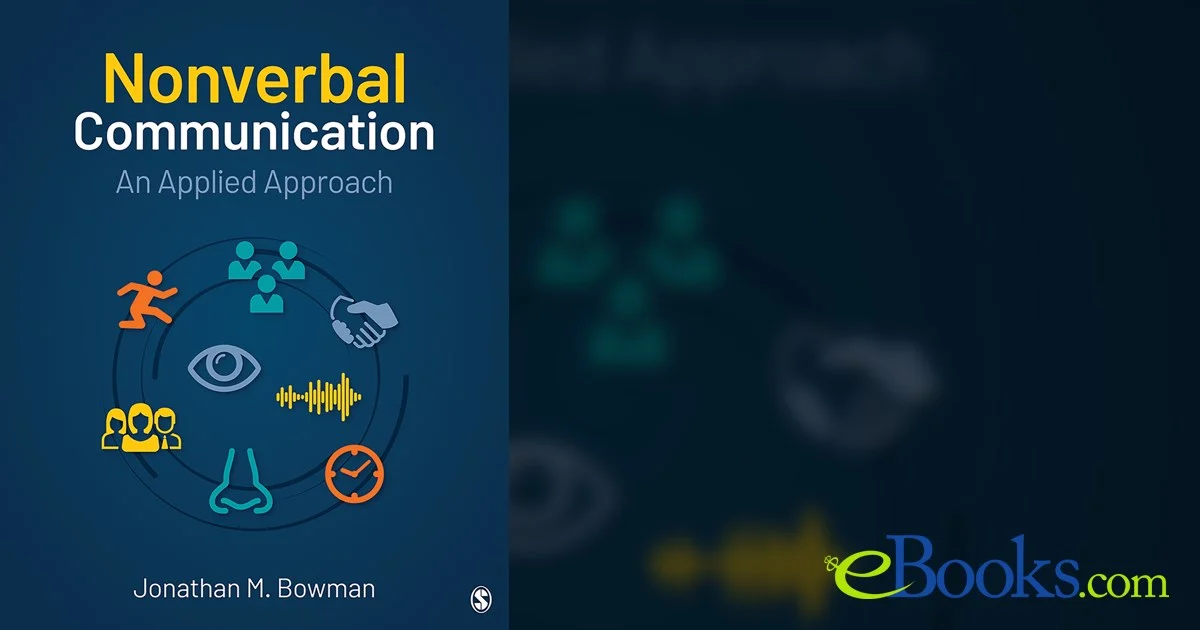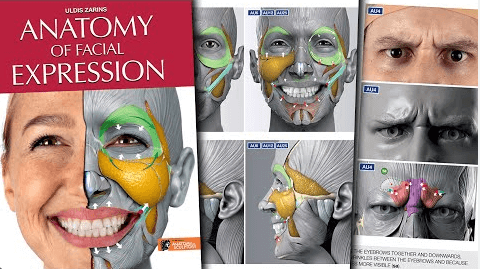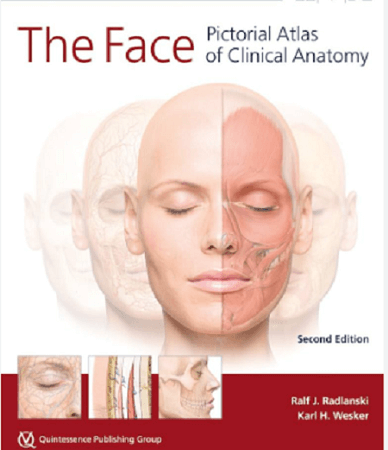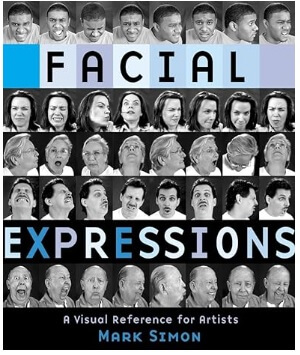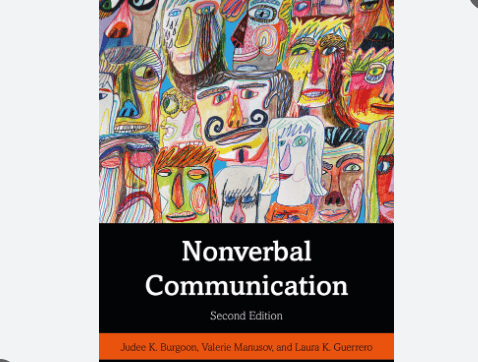Verbal Aspect
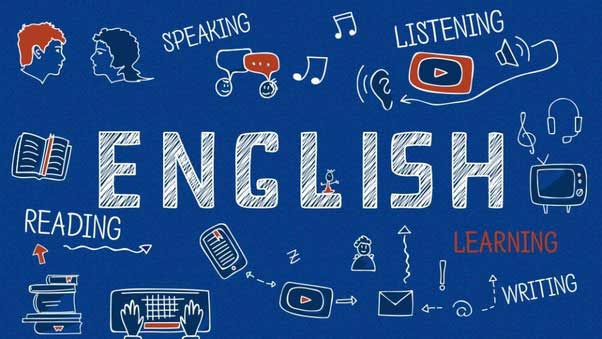
- Article graphics | Langster
The Meaning of Verbal Aspect
Verbal aspect (also verb aspect) is a grammatical category that establishes whether the action denoted by the verb
- is completed,
- is developing while the subject speaks,
- begins or is performed frequently.
It characterizes the way in which a verbOpens in new window portrays its own action.
In English, verbal aspect has no external markers, but the endings, with the combination of the auxiliary verbsOpens in new window, help us to determine whether the action is completed or not.
The action can be progressive, it can also be completed, as well as completed with progressive effects.
Forms of Verbal Aspects
English language has four different verbal aspects, namely:
- simple,
- perfect,
- progressive (continuous), and
- perfect (continuous) progressive.
Simple Aspect
The simple aspect is the default aspect; it is radically the same in all the moods. It does not communicate any flow of time about the verbal action, simply that it happened.
For Example:
- Jessica eats
Perfect Aspect
The perfect aspect shows an action that happened in the past, but the impact of that action is still relevant at the time of writing or speaking.
For Example:
- Jessica has eaten.
Progressive Aspect
The progressive aspect illustrates the verbal action as continuous or progressive.
For Example:
- Jessica is eating.
Perfect Progressive Aspect
The perfect progressive aspect uniquely portrays the verbal action as continuous or progress, but not necessarily at the time of speaking or writing, as:
- Jessica has been eating.
Although all these might be a little nuanced, but do not get flinched. The chart below is provided as a proactive measure to put things under control. This chart shows how tense and aspect intersect in the indicative mood. Hopefully it should help make things a lot easier.
Simple Aspect Perfective Aspect Progressive Aspect Perfect Progressive Present Tense She eats She has eaten She is eating She has been eating Past Tense She ate She had eaten She was eating She had been eating Future Tense She will eat She will have eaten She will be eating She will have eaten








